President’s message: Transparency in the race to net zero
Reliable Controls president Tom Zaban explores how we can help you foster transparency in the race to net zero.




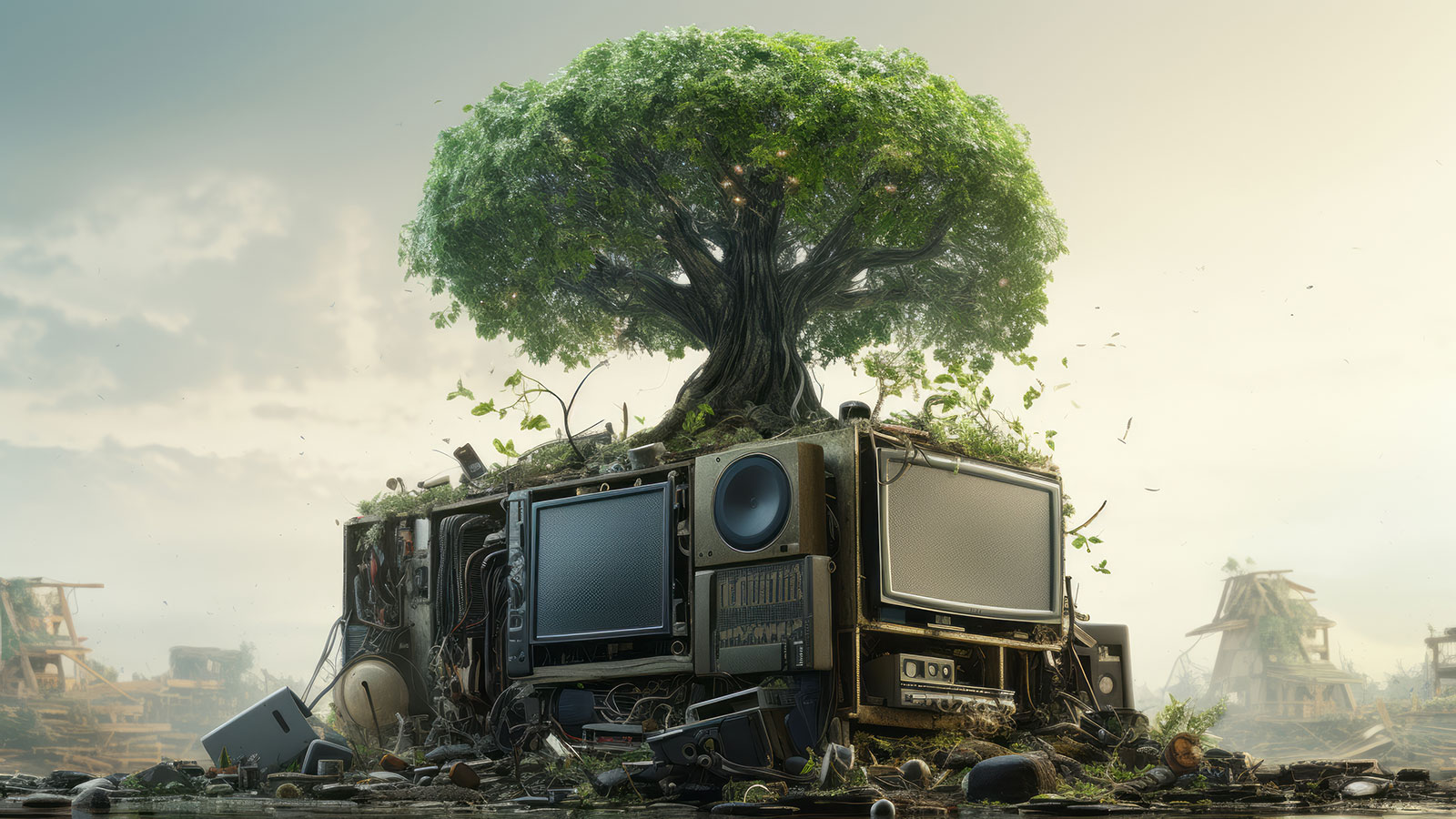
The simple, flexible, sustainable controls Reliable Controls has manufactured since 1986 balance comfort and efficiency while helping building owners all over the world reduce their greenhouse gas emissions. One of the hallmarks of our commitment to true building sustainability is our work to minimize waste in the manufacturing process.
Electronic waste is a global ecological problem that increases air pollution, water pollution, soil pollution, even human exploitation—and decreases information security, according to The Atlantic. Air pollution occurs when scavengers burn e-waste to get the copper. Soil and water are contaminated when toxins from e-waste are not disposed of properly. And many electronic devices contain data ready to be exploited after they’re discarded. Only 17.4 percent of e-waste generated in 2019 was properly collected and recycled—a staggering statistic given the 53.6 million tons of e-waste the world generated that year.
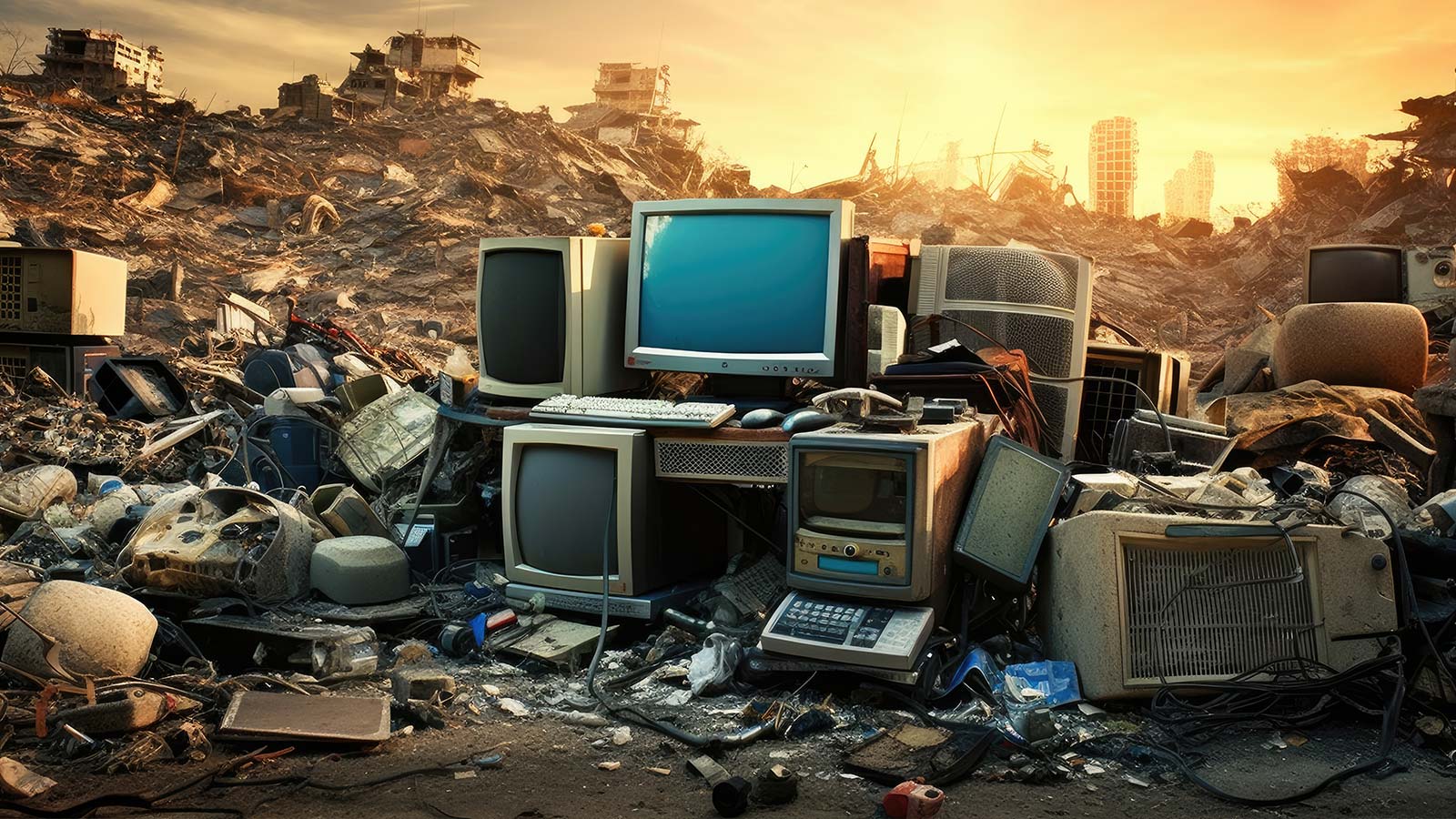
What is EEE and e-waste?
Electrical and electronic equipment (EEE) includes a wide range of products with circuitry or electrical components with a power supply, including building controllers. EEE becomes e-waste once it is discarded as waste without the intent of reuse. Every product has different material content, can be disposed of and recycled in different ways, and is unequally harmful to the environment if not responsibly disposed of.
When disposed of properly, electronic materials are recovered and can be used in new products, but programs for proper collection and disposal of e-waste vary widely around the world.
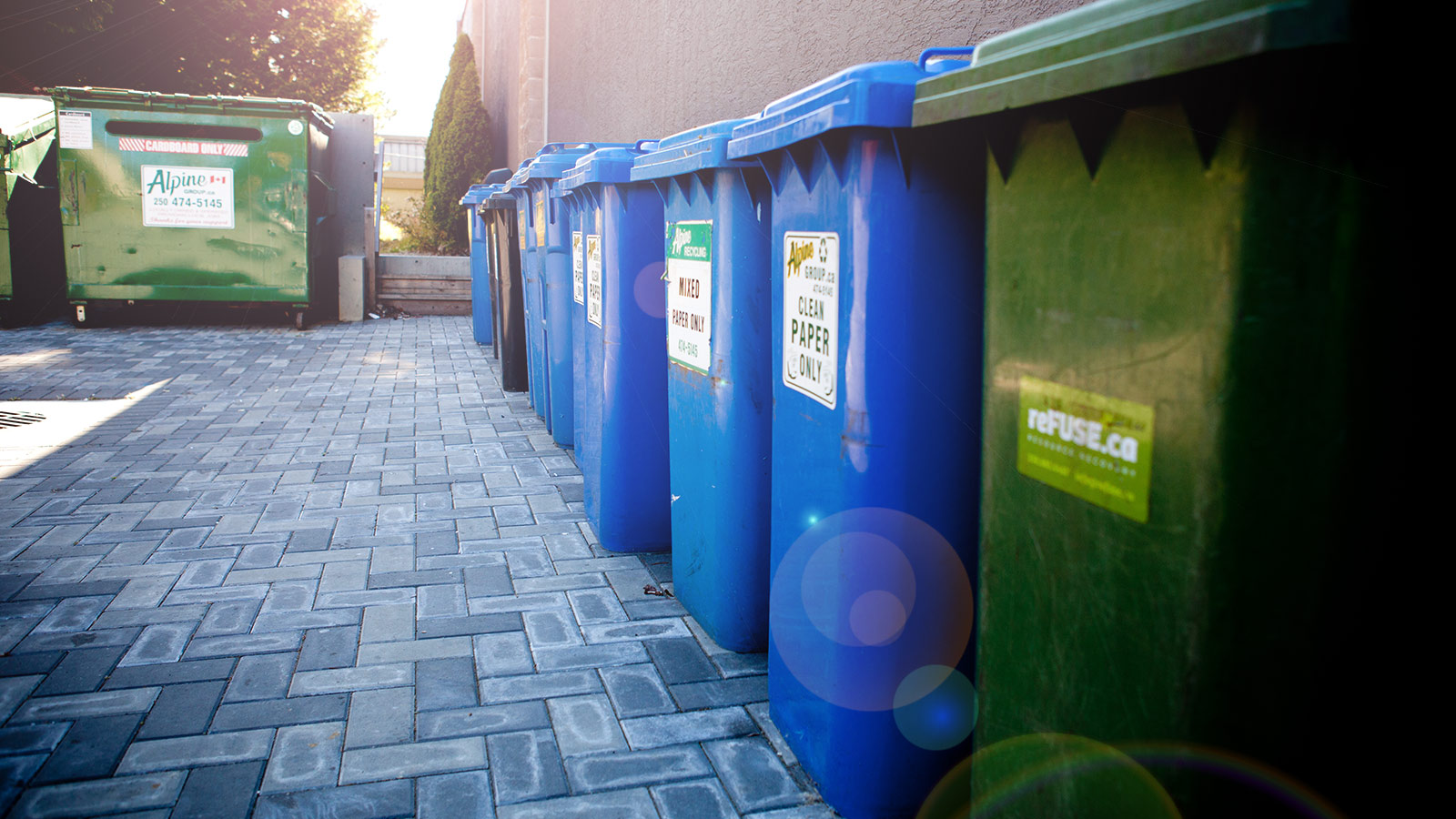
At Reliable Controls we provide our Authorized Dealers with a service called eCycle, which encourages them to send nonrepairable Reliable Controls and peripheral partner devices to be disposed of in an environmentally responsible manner. Every product we manufacture at our facility in Victoria, BC, follows the WEEE, RoHS 3, and R2 directives, which set collection, recycling, and recovery targets for electrical goods and restrict the use of certain hazardous materials in electrical and electronics products.
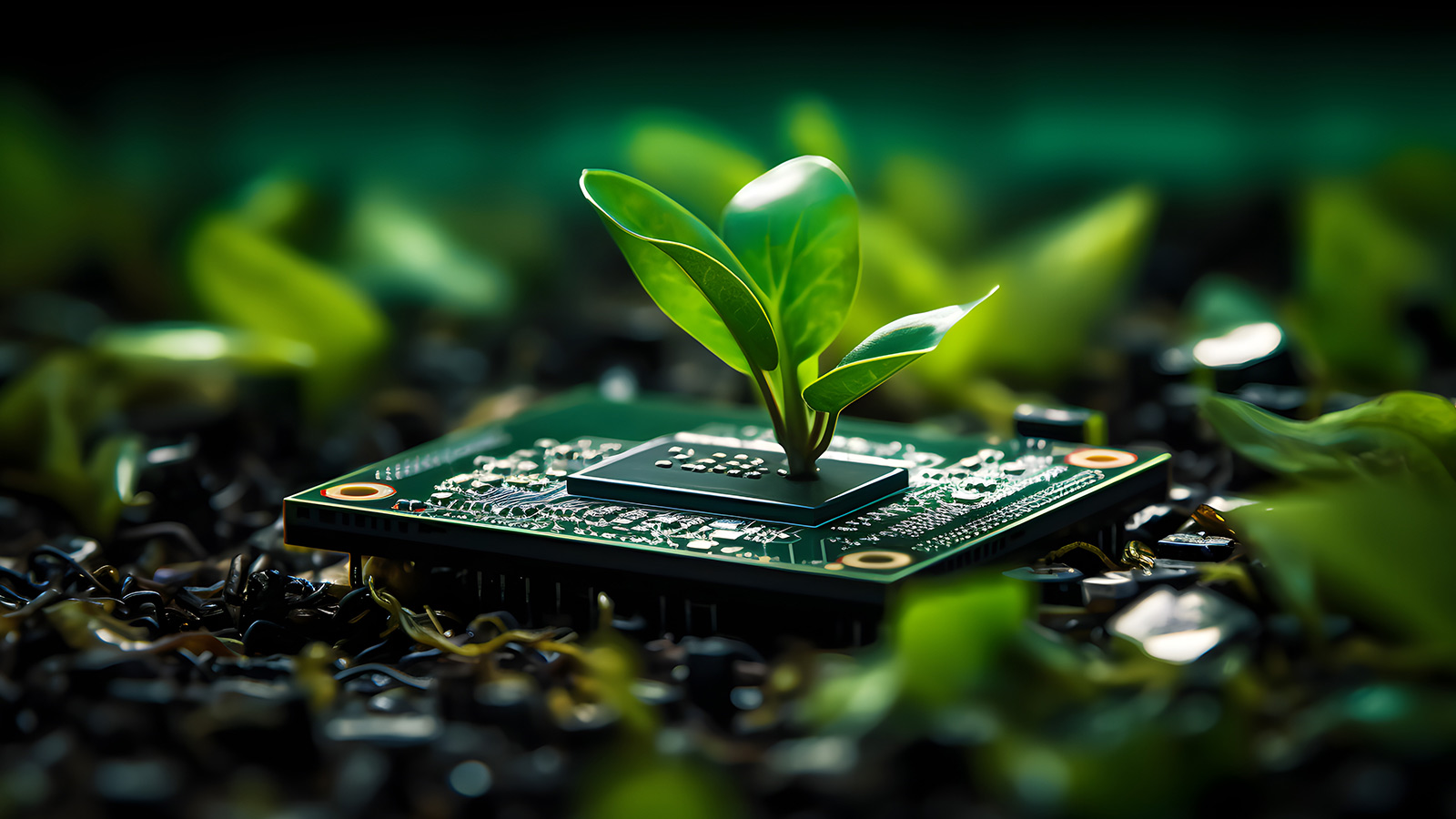
Our Authorized Dealers can ensure their customers that the Reliable Controls long-term, better-by-design approach not only provides them with excellent ROI but also mitigates the negative impact of waste management. Our products are built responsibly and built to last. That’s a sustainable return on investment.
Does your building controls supplier help you reduce waste in the field?
To learn more about our products and services, find an Authorized Dealer near you today.
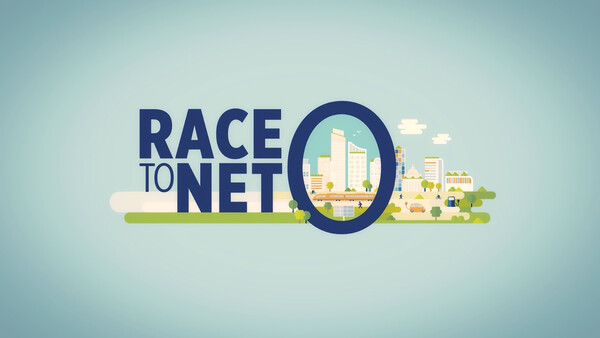
Reliable Controls president Tom Zaban explores how we can help you foster transparency in the race to net zero.
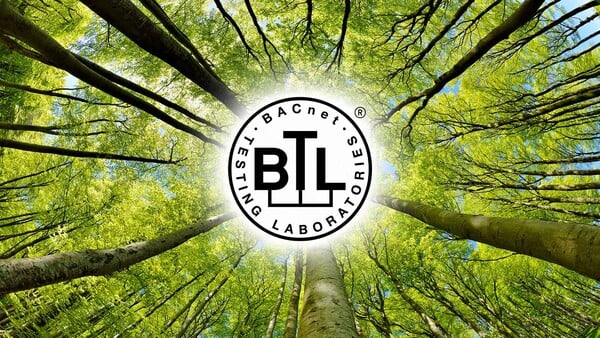
Reliable Controls president Tom Zaban reflects on 30 years of the BACnet protocol.
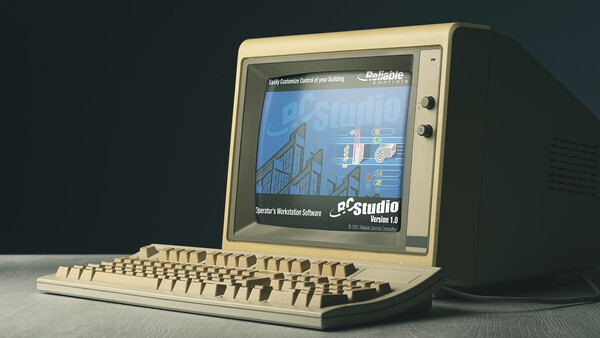
Celebrating nearly 25 years of RC-Studio, the backbone of our suite of building automation tools.
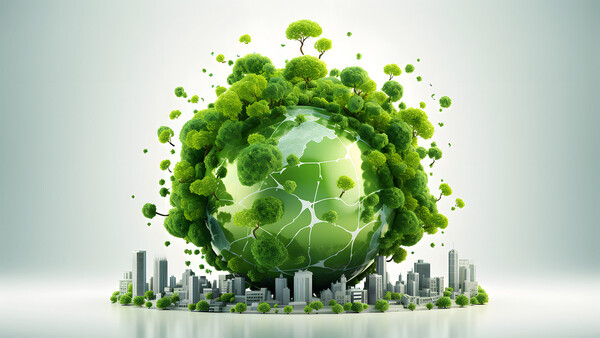
Learn about encouraging outcomes of the UN Climate Change Conference and how building automation plays a critical role in achieving global decarbonization goals.

What does a Zamboni have in common with an arena's ventilation system?

When every second matters, players should be set up for success. The building automation system can do just that.
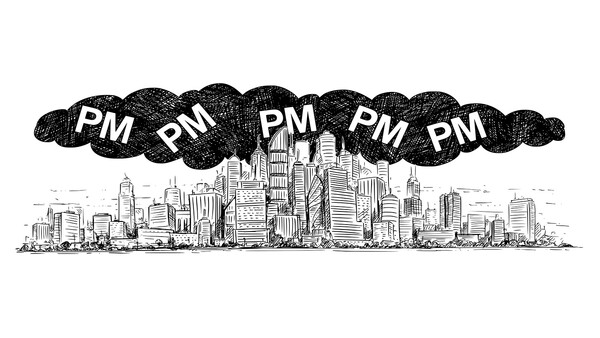
Discover particulate matter. Why does it matter, and how can you measure it?